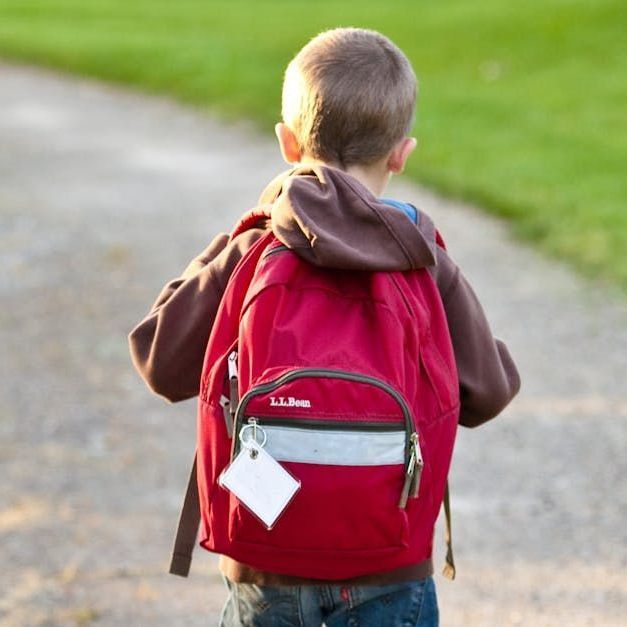How to Prepare for Summer Break
While most children are thrilled that the end of the school year is here, many parents are dreading the daily struggle with how to keep lazy days and sleeping in to a minimum for their children.
Here are some tips to help keep your child on track so summer can be as rewarding as possible for everyone in the family:
Maintain your schedule
While you may never be able to duplicate the structure school provides, it helps to maintain the school year’s daily schedule, right down to meal times and bedtime, as much as possible. It can be very tempting to let your kids stay up late and sleep in (especially on weekends, when you want to do the same) but in the long run, sticking to the same schedule pays off by keeping your child more comfortable, and hence more cooperative.
Make plans
Try to schedule as many activities as possible, as early as possible, and keep your kids posted. This can mean anything from “we’re going to Aunt Mary’s Thursday at 5pm for dinner” to having a set routine that every day, weather permitting, you’ll be going to the playground or pool. Even one such activity can give kids a center of gravity, so to speak, around which the rest of the day can be structured.
Get outdoors
Home can become a safe cocoon, but no child should spend hours in front of a screen. Even if camp isn’t in the cards, try to find something your child enjoys like riding a bike or scooter, playing tag, or splashing at the community pool, water park, or beach. Plus, physical activity is good for everyone’s mind, body and spirit, especially those kids with energy to burn.
Maintain, or create, a behavioral system
Children, especially teenagers, may act like they want to be in charge, but the truth is they feel safer knowing exactly what you expect of them and the rewards that result from good behavior. This is never truer than during the seemingly boundless summer break. You should choose the two or three most desired positive behaviors to nurture with consistent and positive reinforcement, and try to ignore as many of the negative ones as possible. This teaches kids the definite rewards of desired behavior, and that acting out gets them nothing (not even negative attention).
A chart with stickers for tasks accomplished can work wonders as positive reinforcement for preschool children. And remember: if you have limits, such as 30 minutes a day of earned computer time, you should stick to them.
Find support
Parents of kids with developmental, emotional, or behavioral problems often feel isolated and lonely. It can be difficult watching all the other neighborhood children set off for a camp yours can’t attend. Not only are those kids cementing friendships they may have already formed during the school year, so are their parents. Don’t feel bad booking a sitter and spending time with friends to help you keep from feeling marooned. Remember that your well-being is critical to caring for your child.
In summary, you should plan activities to keep your children active and engaged throughout the summer. These can range from playing in the sprinkler to going away to summer camp. Focus on maintaining a sense of fun and you will create many moments of learning and development that can’t happen in a classroom.











